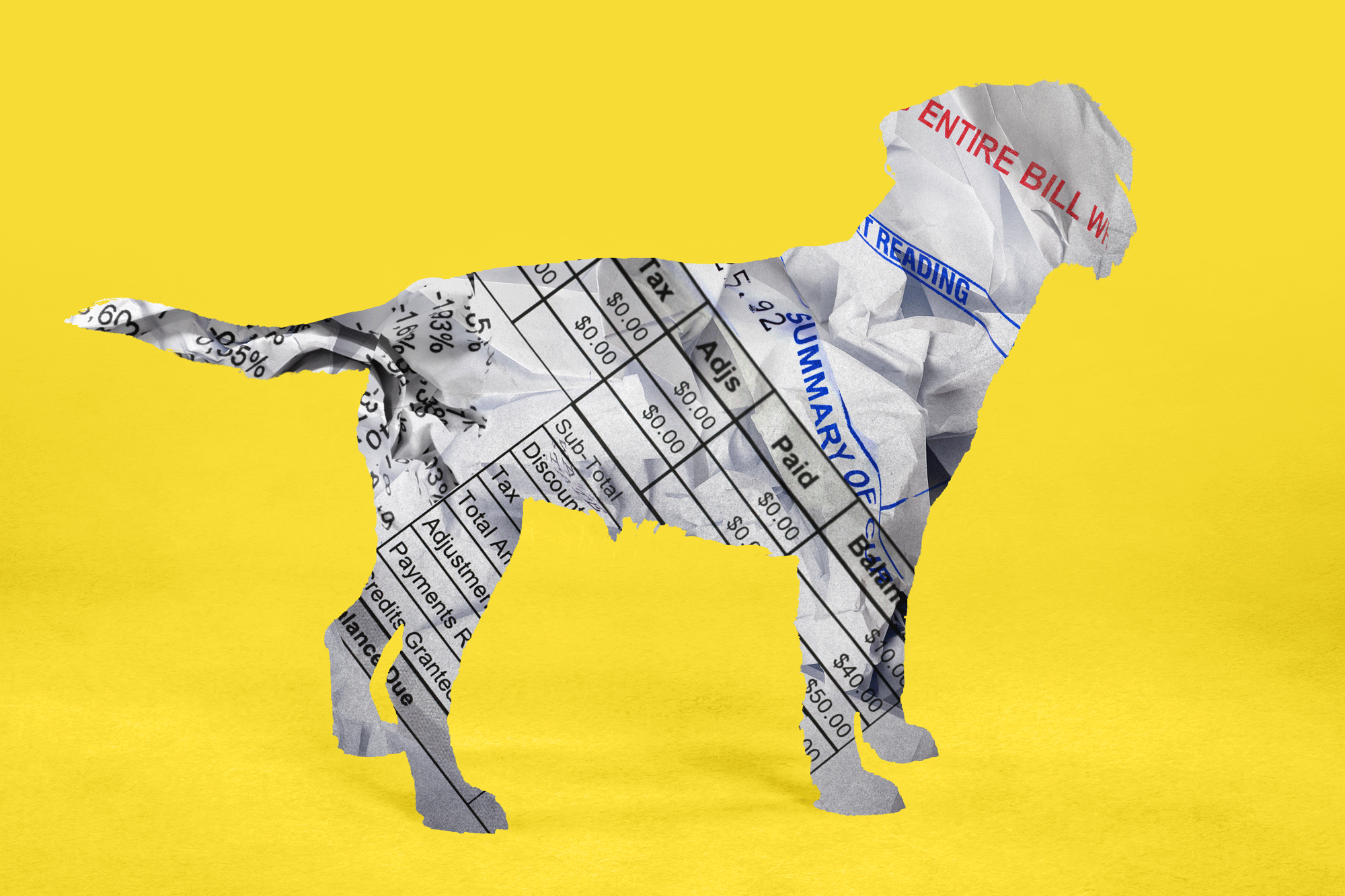Why vets are adopting nontraditional approaches to healing your pet
If you donât know the term âintegrative veterinary medicineâ and you have pets, you might want to become familiar with it. Not only is it the Next Big Thing in modern veterinary care, it is, to an increasing extent, already where pet care is today, particularly in California.
Integrative medicine is an approach to pet treatment that combines traditional Western veterinary science with nontraditional, oftentimes ancient Chinese, approaches. Most common is the use of acupuncture, but treatments can include herbal and homeopathic remedies, chiropractic work, massages and diet management.
What sets integrative medicine apart is the blending of multiple disciplines and the willingness of conventional and nonconventional practitioners to work together for the well-being of the animal. Traditional vets, who provide the science-based diagnostic services, blood analysis and the like, work in tandem with nontraditional vets â acupuncture specialists, for example â to come up with an appropriate course of complementary treatment.
Share your photos: Show us your pets, and tell us how you âmetâ
The quietly growing acceptance of non-Western medical modalities, as treatments are called, by traditional veterinarians and their powerful American Veterinary Medical Assn. (AVMA) is a very big deal. Last year, for the first time, the AVMA admitted to its House of Delegates a member of the American Holistic Veterinary Medical Assn. (AHVMA) and one from the American Academy of Veterinary Acupuncture (AAVA).
Dr. Barbara Royal, president of the AHVMA, notes that a growing number of states are accepting holistic and integrative courses for continuing education credit. Traditional veterinary schools, such as UC Davis and Louisiana State University, are offering programs in integrative medicine, particularly acupuncture, as well as intern- and externships, and research programs.
Acupuncture has shown to be effective not only for pain relief but also irritable bowel issues, diarrhea and edema. Under California law, you must be a vet to administer acupuncture or be under the direct supervision of a vet. Courses rapidly fill up, and there are waiting lists as traditional vets begin to incorporate the training into their practices.
Check out the all-new L.A. Times Pets page
Referrals from traditional vets to nontraditional typically involve an animal who has pretty much exhausted the traditional courses of treatment. That was the case for a nearly paralyzed German shepherd who had been declared neurologically incurable by a prominent veterinarian. Dr. Richard Palmquist watched a New York veterinary acupuncturist â a charlatan, he initially thought â work on the dog. As the top small-animal vet in his class at Colorado State University, Palmquist firmly believed Western medicine âwas the pinnacleâ and had a robustly antagonistic view of medicine outside that box. After spending a week observing the holistic doctorâs practice, however, âI saw miracle after miracle,â he recalls.
When the shepherd stood up after treatment and walked over to his owner, Palmquist experienced an epiphany. Today, as chief of integrative health services at Centinela Animal Hospital in Inglewood, the wait for Palmquistâs services is long.
âIn Los Angeles in particular,â says Palmquist, âwe have good integration between specialist and alternative practitioner. The whole goal is not to replace conventional medicine. We just want better tools for everybody.â
MORE:
Thomas Edison, inventor of ... the cat video?
Oh, we Americans love our pets. Hereâs proof:
Clothing essentials for the fashion-forward dog
How pit bulls became the âbad boysâ of the dog world
More to Read
Sign up for The Wild
Weâll help you find the best places to hike, bike and run, as well as the perfect silent spots for meditation and yoga.
You may occasionally receive promotional content from the Los Angeles Times.










